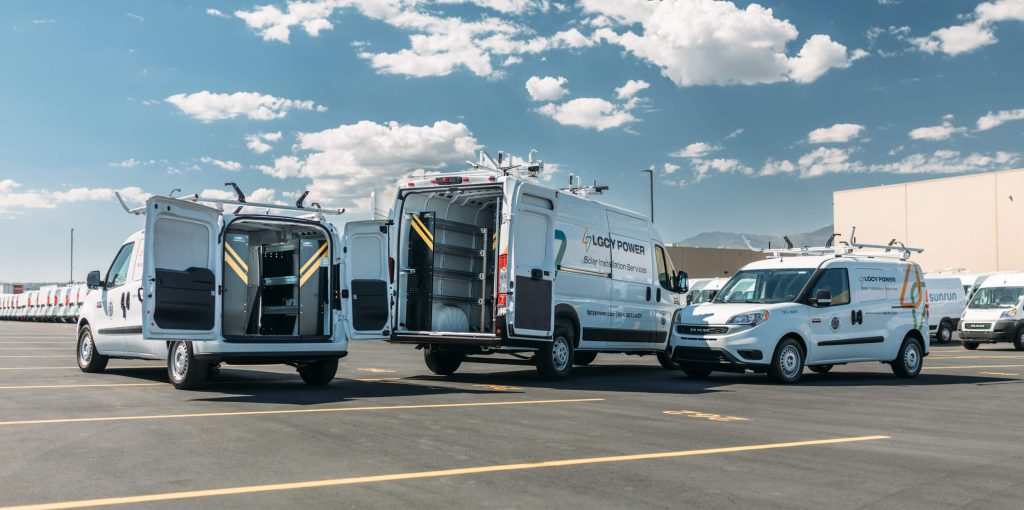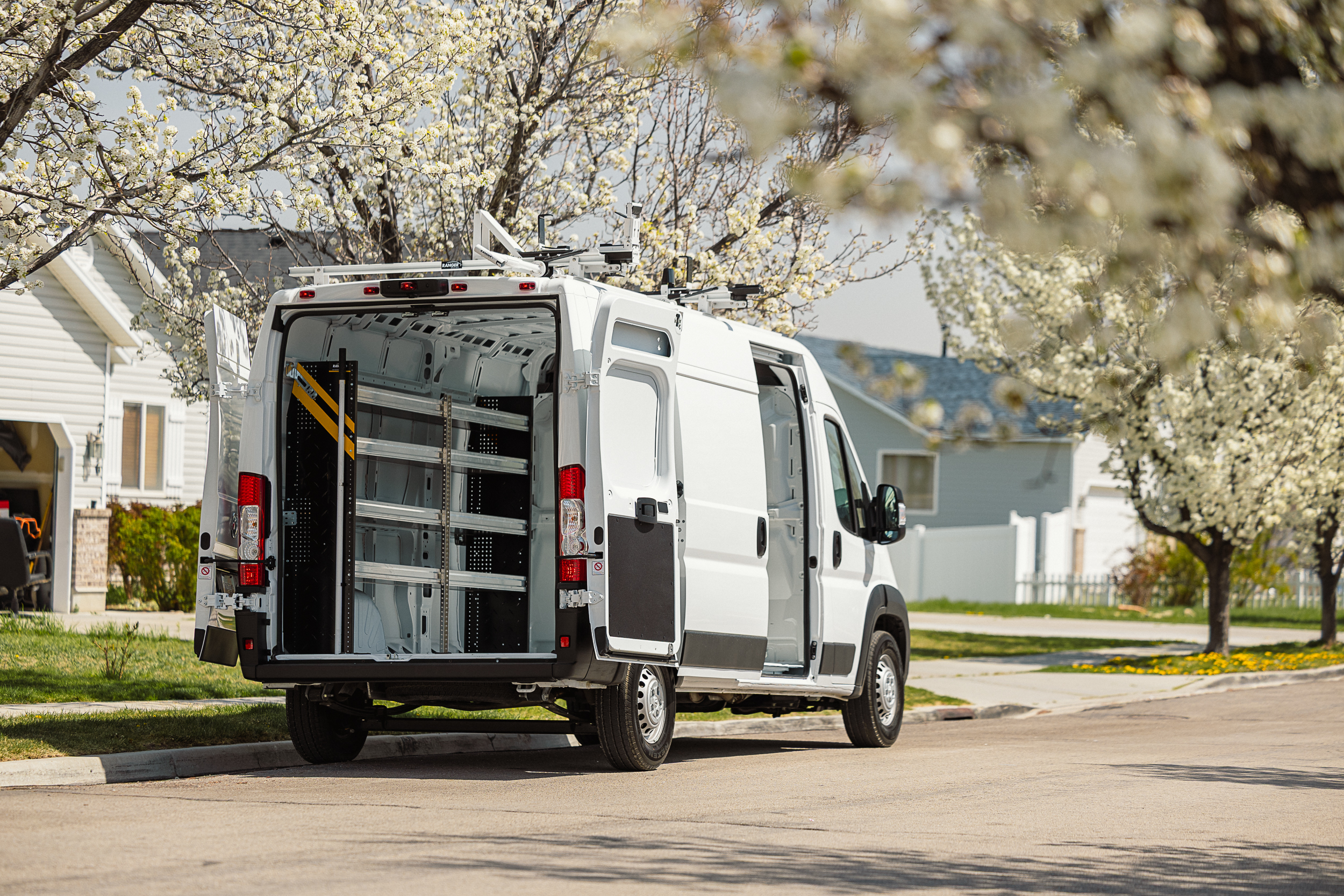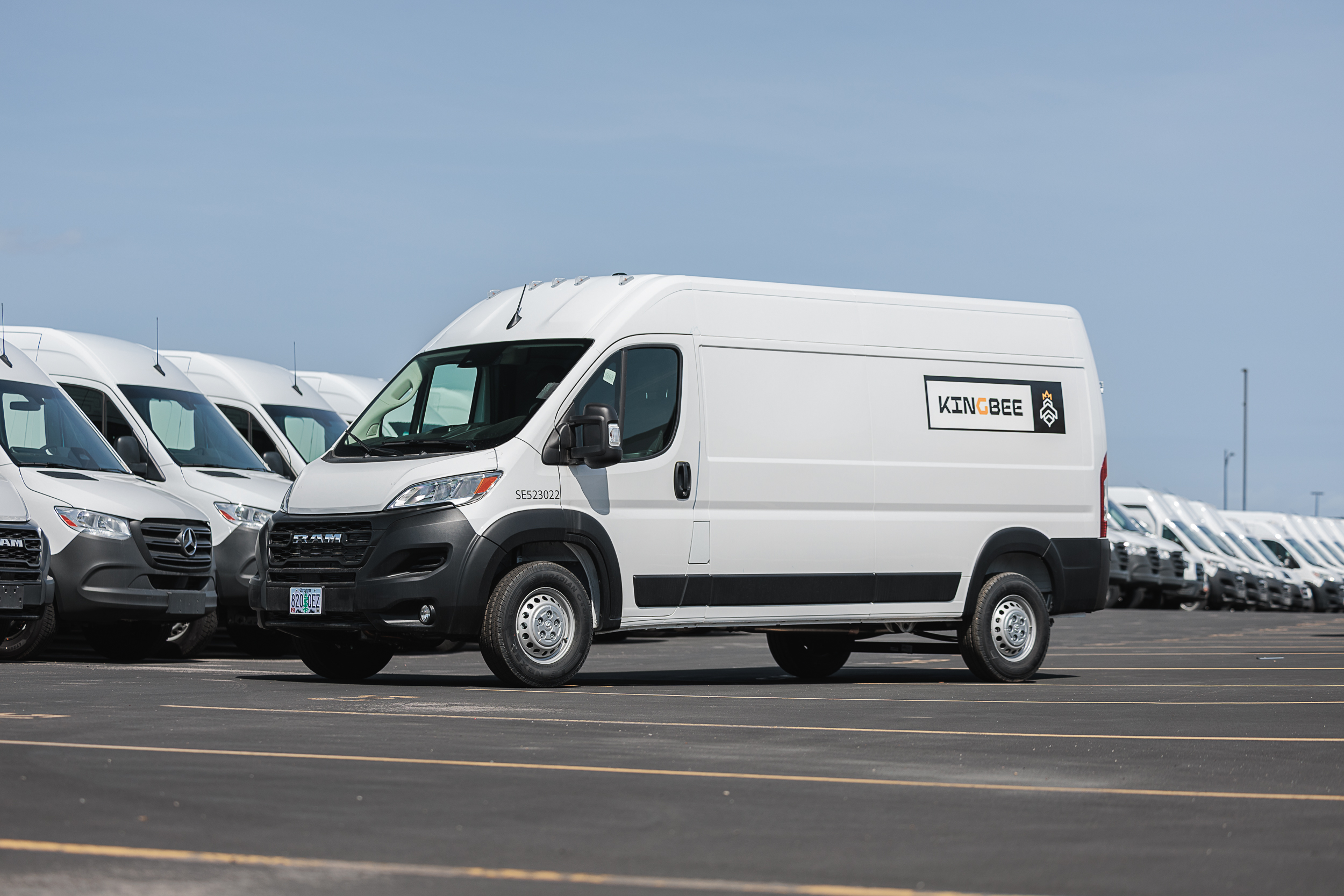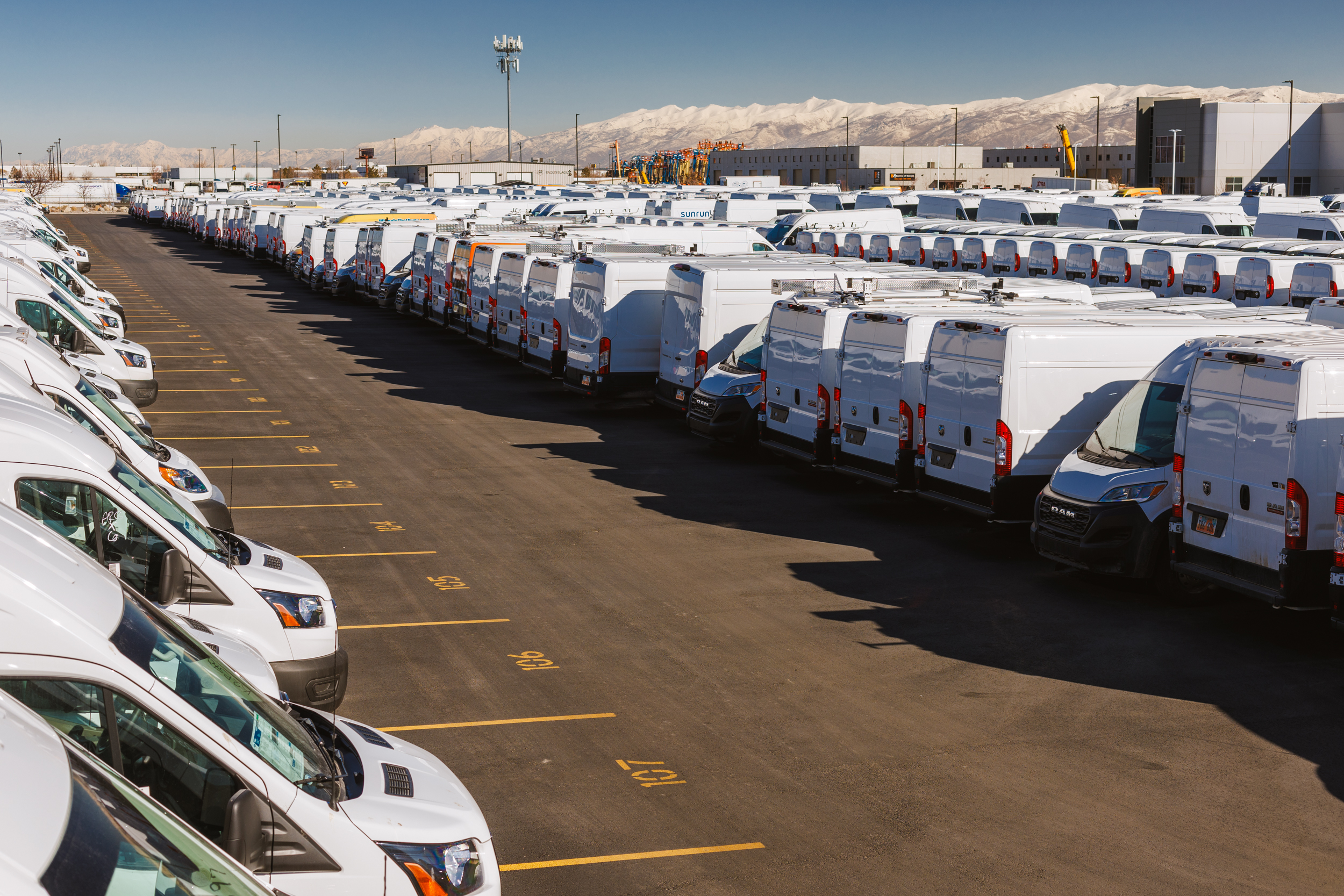
Many founders and CEOs talk about market disruption like it’s the holy grail—coming up with a product or service that is so innovative that existing players will not be able to compete. But take it from me, if an idea is truly novel and the value prop is complex, then breaking it into the public consciousness will not be easy. Even if your idea is as avant-garde as sliced bread, nobody will seek out your solution if they don’t know it exists.
At the risk of tooting my own horn, I’d like to share what I’ve learned about disruption while growing Kingbee from a nascent concept into a rising star in the oversaturated fleet space. When we launched, I thought Kingbee was a slam dunk (and still do). Like a good entrepreneur, I identified a problem and solved it. Mission accomplished, right? That’s what sweet, innocent, naive Scott from 2021 thought, but the real work was just beginning.
The Beginning
After a few years of installing commercial vehicle equipment with my brother to get our first company, Basin Upfitting, off the ground, I noticed many problems with the traditional fleet procurement model. By the time a vehicle arrived at our shop. The customer had already waited months for a dealership or fleet management company (FMC) to fulfill their order. The vehicles then had to spend an additional week getting upfitted and another week at a wrap shop if the customer wanted the new vehicles to match the others in their fleet.
Thankfully, we had already anticipated the last step and started Apex Wraps, reducing the timeline by a bit, but the entire process was still prohibitively long, especially for customers who had just landed a big contract or had a deadline to hit. Customers needed their new vehicles on the road as soon as possible in order to complete jobs and generate revenue.
Before Kingbee, renting commercial vehicles provided a speedy alternative to leasing and purchasing, but not without its drawbacks. For industries that rely on specialty equipment, bare-empty rental vans are a poor substitute. The dilemma of fleets not being able to get utility vans quickly enough sparked the genesis of Kingbee—a company that upfits, wraps, and delivers work-ready van rentals in 2–4 weeks on flexible contracts.

Zero Competition
To my knowledge, Kingbee is the first and only work-ready van rental provider. You’d think having no legitimate competitors would be a dream scenario, but boy was I wrong. When people aren’t familiar with something, they tend to compare it to their closest frame of reference.
When people thought of rental vans, they thought of Hertz and Penke. The majority of our initial online leads consisted of people looking to rent a cargo van for a couple days to transport a couch or move out of state. Our target audience of contractors and commercial fleet managers couldn’t find us because they were unaware that our product even existed.
Fortunately, that issue didn’t last long thanks to the fantastic work of our marketing department who developed a unique brand, created some viral content, and executed very effective omni-channel campaigns, including a strategic presence at a handful of relevant trade shows.
The Secret Sauce
Timing was the secret to Kingbee’s initial success. We launched in 2021, just as the pandemic was wrecking havoc on supply chains. Vehicle inventory was so low that simply by having vehicles to offer, we were able to get our foot in the door with a few large companies, like Sunrun, that otherwise might have never given us a chance.
While these high-profile early adopters certainly elevated our awareness in the fleet space, it still wasn’t happily ever after. The fleet world, like any long standing industry, is resistant to change. Renting was viewed by many old-school fleet guys as a last resort when vehicles weren’t available by any other means. Some even considered renting to be a waste of money since you’re paying for something you don’t own and can’t customize.
We worked hard to overcome that perception. Enterprise customers who have sophisticated financial strategies, immense resources, and highly experienced leadership, immediately recognized the value of using Kingbee rentals to keep assets off balance sheet in order to preserve borrowing capacity. They understood that the slightly higher monthly cost of a rental is offset by having vehicles in service generating revenue, even if you don’t own them. However, the rest of the fleet world has taken some convincing.
Breaking Through
It’s been almost four years since I started Kingbee, and thanks to our hardworking team we now have many client success stories that stand as proof of our disruptive concept (it doesn’t hurt to have industry-leading clients that smaller companies want to emulate.) Meanwhile, we have developed compelling messaging which conveys the value of using rentals to supplement fleets as they replace aging vehicles, expand into new markets, or adapt to fluctuating demand. We are producing collateral to educate fleet professionals on things like total cost of ownership (TCO), and our reps provide fleet assessments to help potential clients understand the true impact that filling the gaps in their fleet has on the overall financial picture of their business.
This is where we are now—on the precipice of mass adoption. The moral of the story for the entrepreneurs out there is that the work doesn’t end when you launch an innovative product that has the potential to disrupt the market. Sometimes it’s just the beginning.



